Electrical
Menu

Lighting
Electrical lighting has revolutionized the way we illuminate our homes, workplaces, and cities, providing us with safe, reliable, and energy-efficient lighting solutions.
Installation
Electrical installation refers to the process of installing and connecting electrical equipment, wiring, and devices to a power supply system. It involves the planning, design, and implementation of electrical systems that meet specific requirements for safety, reliability, and efficiency. Electrical installation can include everything from wiring a single home or building to installing complex industrial systems. It requires a skilled and knowledgeable electrician who can follow codes, standards, and regulations to ensure the installation is safe and effective.
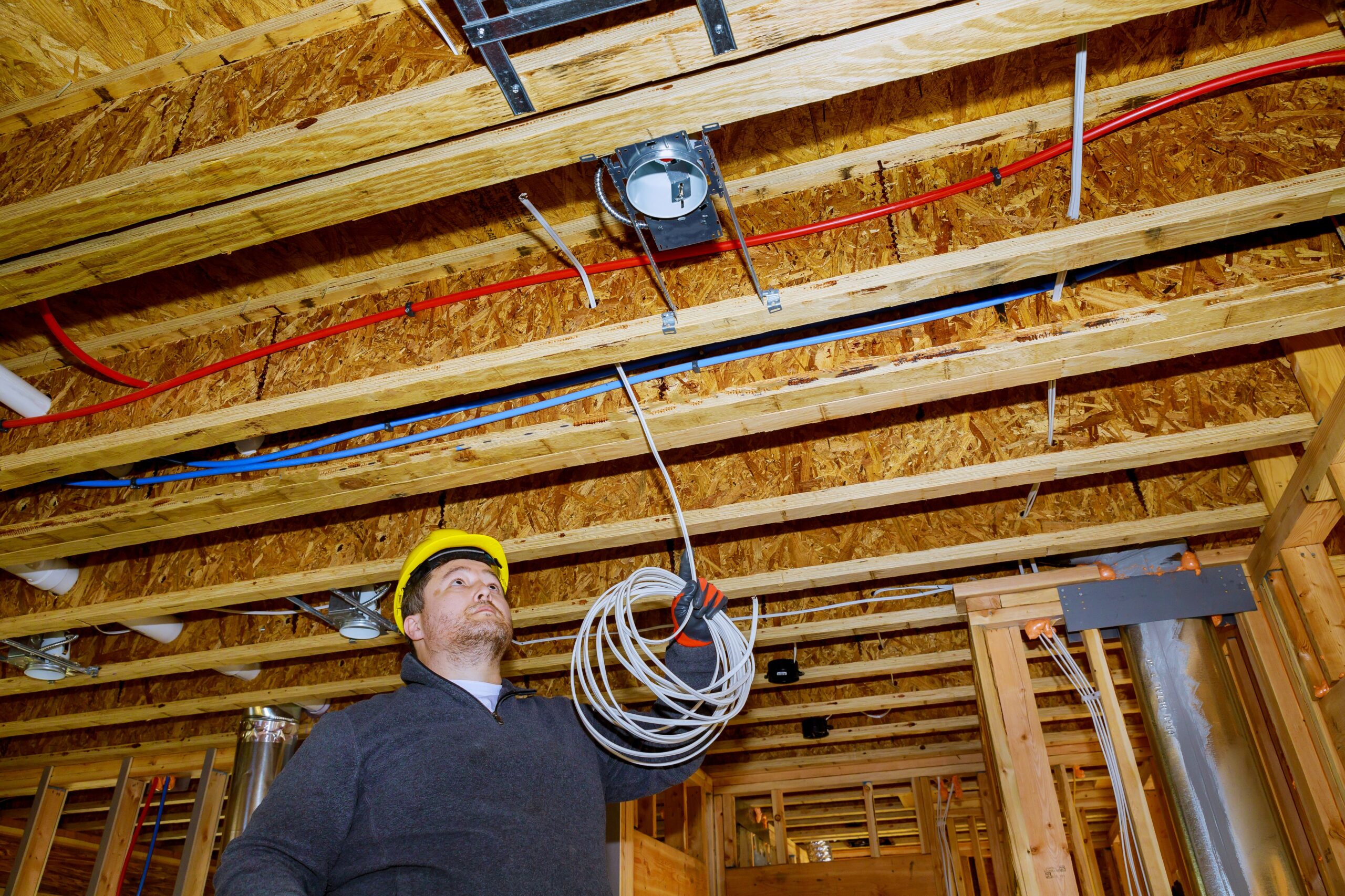
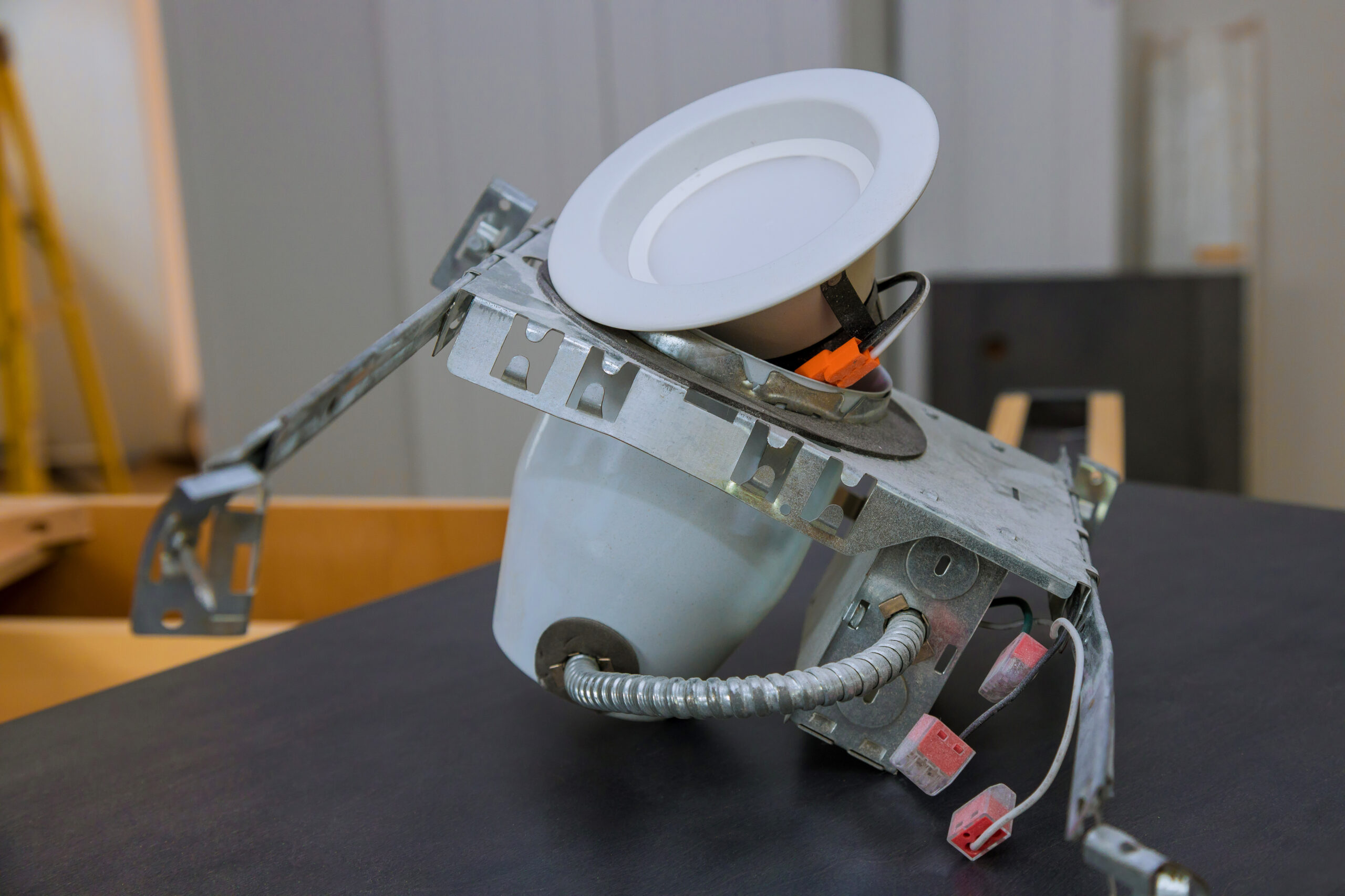
Repairs
Electrical repairs refer to the process of identifying and fixing faults or issues in electrical systems or equipment. It involves troubleshooting, diagnosing, and repairing faulty wiring, appliances, fixtures, or other electrical components that are not functioning correctly. Electrical repairs can range from minor issues such as replacing a faulty switch or socket to more complex problems such as repairing damaged circuits or replacing faulty motors. It requires a skilled and experienced electrician who can work safely and efficiently to ensure that the repairs are carried out to the highest standards.
Upgrades
Electrical upgrades refer to the process of replacing or improving existing electrical systems or equipment to meet current safety and performance standards. This can include upgrading electrical panels, installing new wiring, replacing outdated appliances or fixtures, or upgrading to energy-efficient lighting. Electrical upgrades can improve the safety and functionality of your home or business and may also help reduce energy costs. It requires a licensed electrician who can assess your current electrical system, recommend necessary upgrades, and safely install new equipment or wiring.
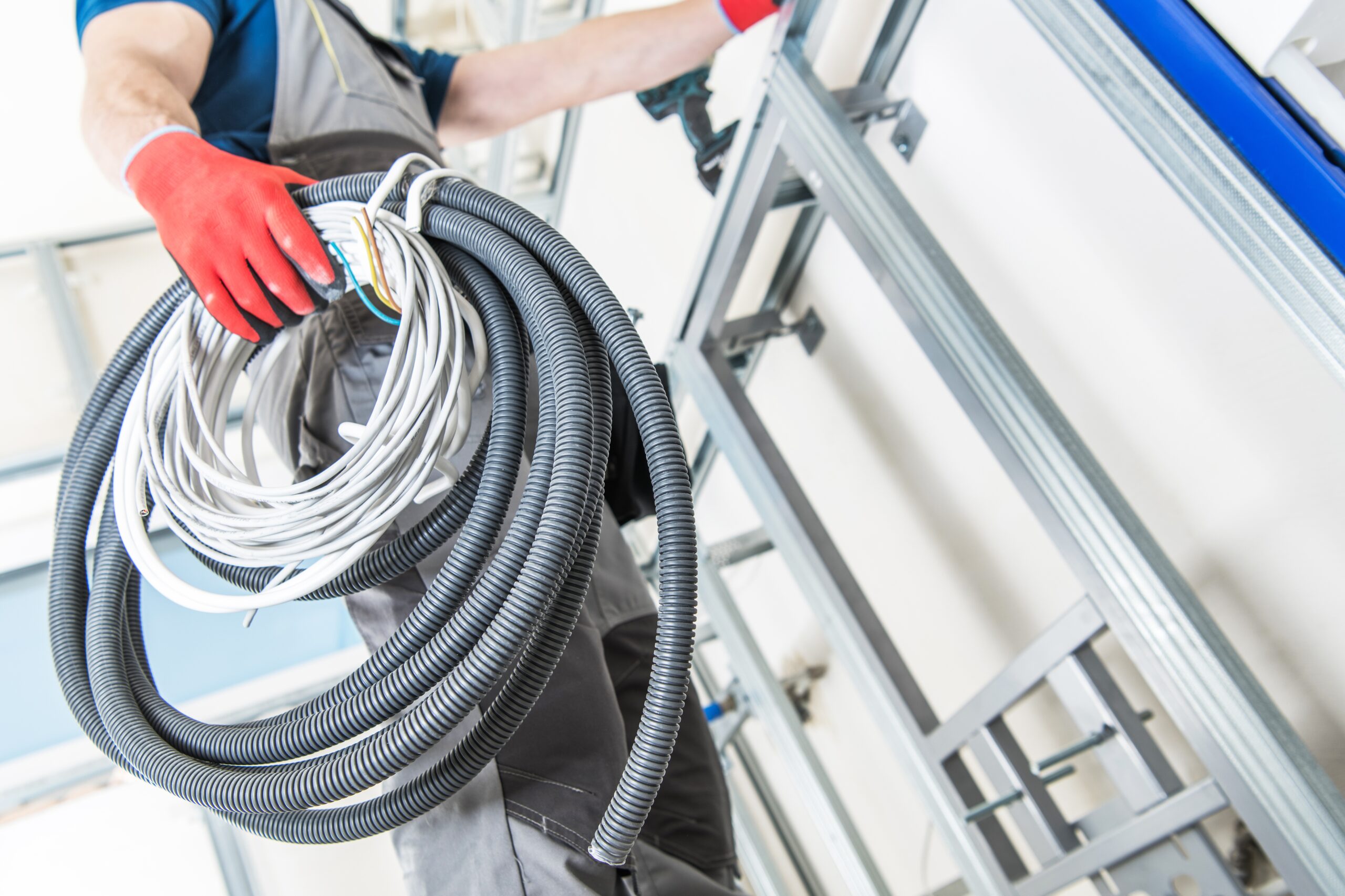
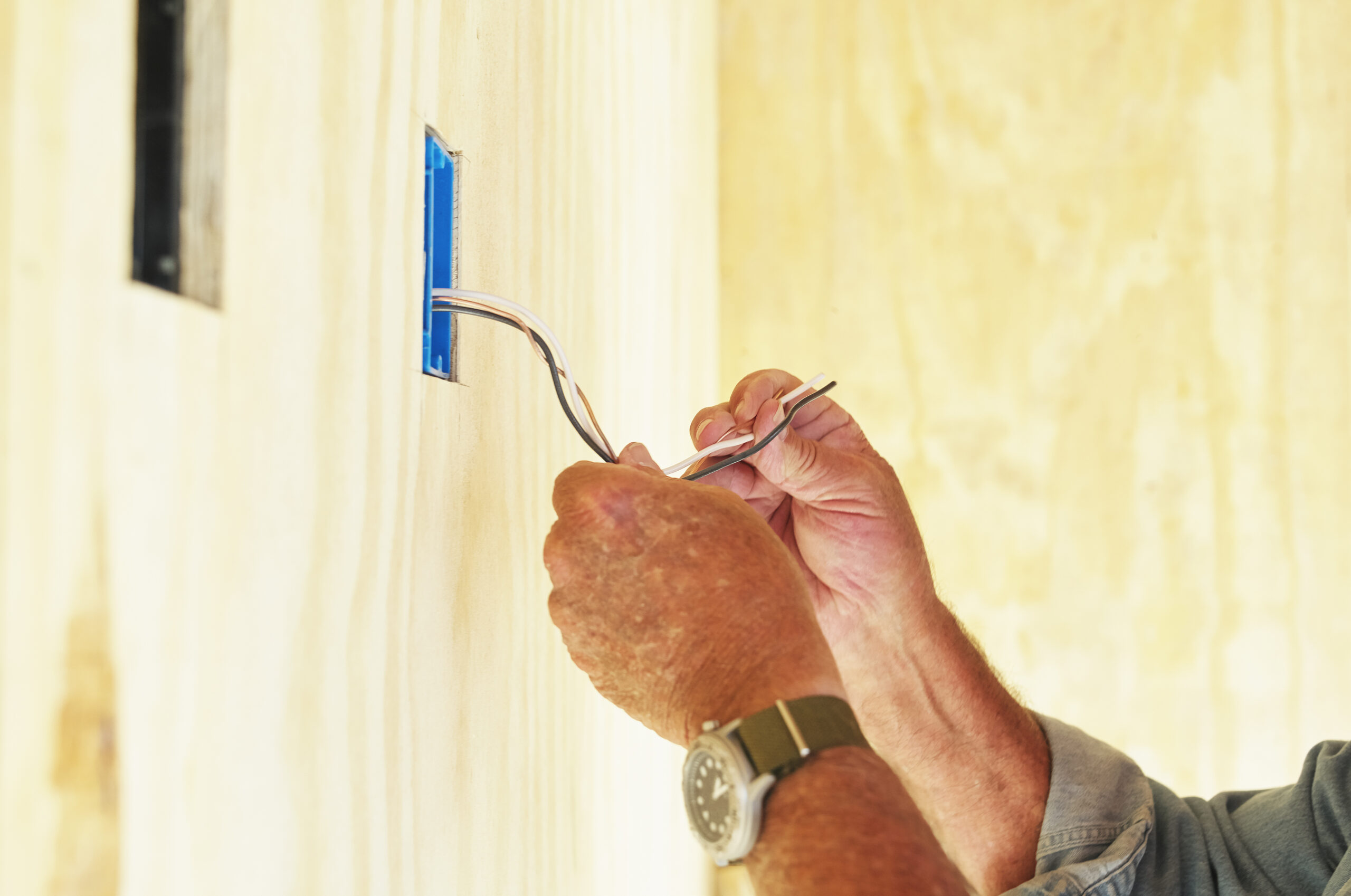
Maintenance
Electrical maintenance refers to the process of regularly inspecting, testing, and servicing electrical systems and equipment to ensure they are functioning correctly and safely. It involves performing preventative maintenance tasks such as cleaning, lubricating, and adjusting components to prevent breakdowns or failures. Electrical maintenance can also include replacing worn-out parts, testing electrical circuits, and identifying and repairing potential hazards. Regular electrical maintenance can help extend the lifespan of your equipment, reduce downtime and repair costs, and ensure compliance with safety regulations. It requires a trained and experienced electrician who can perform maintenance tasks safely and efficiently.
Troubleshooting
Electrical troubleshooting refers to the process of identifying and fixing electrical faults or issues in a system or equipment. It involves a systematic approach to diagnose the root cause of the problem by testing, isolating, and repairing faulty components. Electrical troubleshooting can range from identifying a simple loose connection to complex issues such as tracing faults in complex electrical circuits. It requires a skilled and experienced electrician who can use various diagnostic tools and techniques to locate the problem and carry out the necessary repairs safely and efficiently.
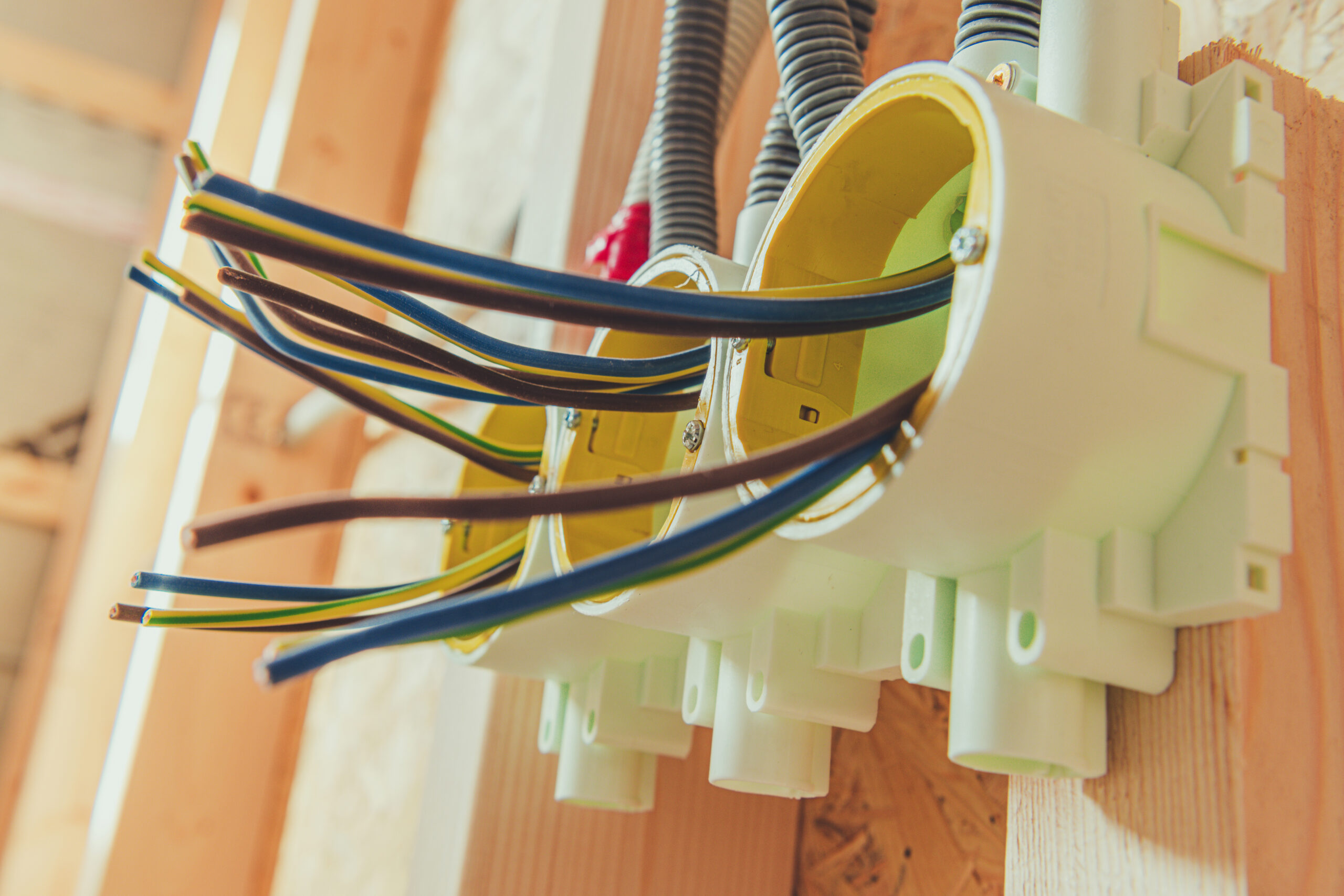
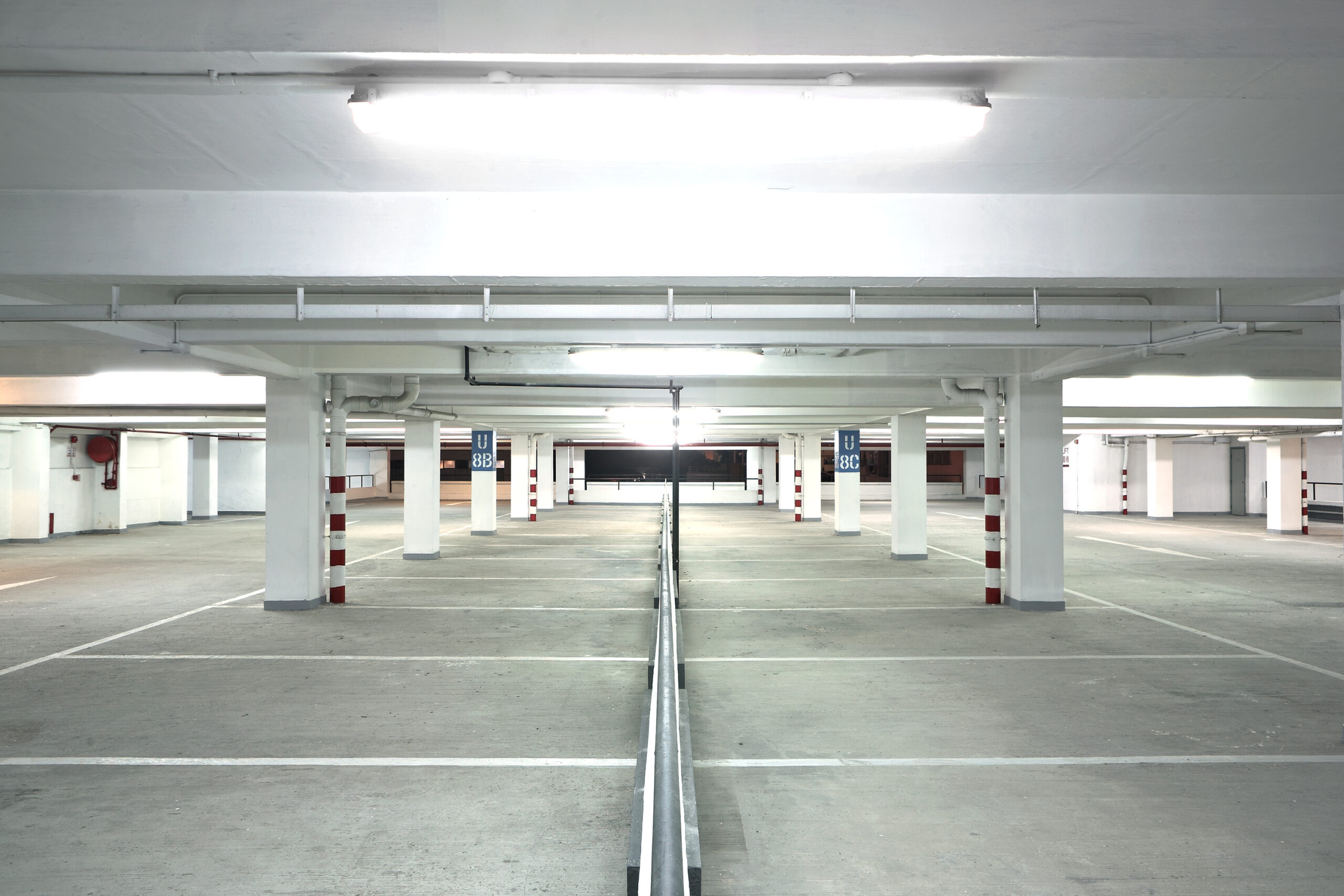
Parking Lots
Electrical work can involve parking lots in various ways. For example, installing lighting systems to improve visibility and safety in parking lots is a common electrical project. This may include installing pole-mounted light fixtures, wiring and controls, and installing underground conduits. Additionally, electrical work may be required for installing electric vehicle charging stations, which are becoming more common in parking lots. Other electrical projects in parking lots may include installing power distribution systems, CCTV cameras, and access control systems. Electrical contractors may work with property managers, developers, or business owners to design and install the electrical systems needed to make parking lots safe and functional.
Cleaning
Electrical cleaning refers to the process of cleaning and maintaining electrical components and equipment to improve their performance and longevity. It involves removing dirt, dust, and debris that may accumulate on electrical parts and cause issues such as overheating, arcing, or equipment failure. Electrical cleaning can include cleaning electrical contacts, switches, circuit breakers, panels, and other electrical components using specialized cleaning solutions and tools. It requires a trained and experienced electrician who can safely disassemble and reassemble electrical equipment to perform the necessary cleaning tasks.
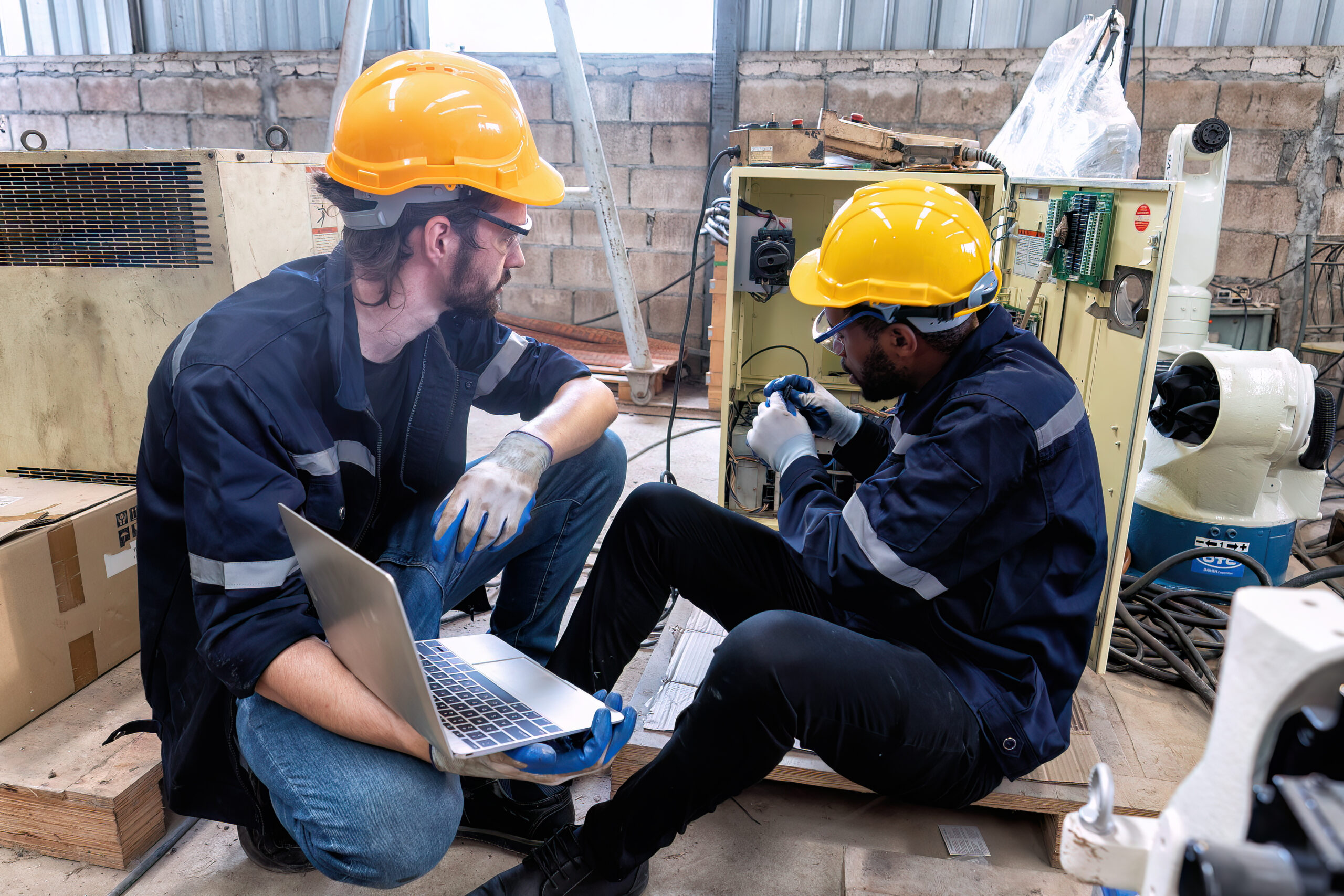
We’ve got your back!
We devote ourselves to satisfying customers by creating tangible value and outstanding customer experiences.

